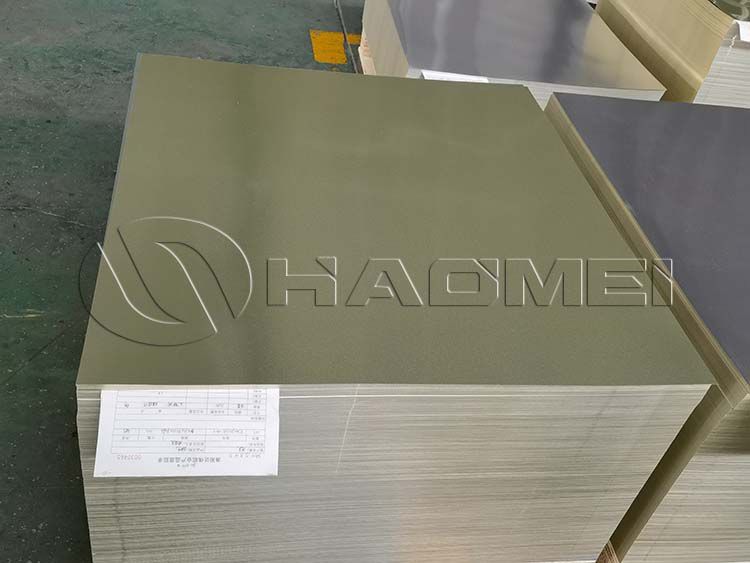





2024-07-03
With the arrival of summer, various beverage advertisements have become active again. Among them, the most eye-catching ones are canned soda and beer beverages of various shapes and colors. The convenience and recyclability of these canned beverages are self-evident, but how much do we know about cans?
In 1959, Emar Klinan Fraze of DRT Company in Deaton, Ohio, USA, invented cans. Cans originated in the United States and became popular in the United States.
The domestic can industry began in the early 1980s. After entering the 1990s, the domestic can industry developed rapidly. The original can factories expanded and new factories were built, thus reaching an annual production capacity of 10 billion.
At present, the cans are mainly divided into two-piece cans and three-piece cans. The two-piece cans are mainly made of all-aluminum or aluminum alloy deep drawing and capping, while the three-piece cans are mainly made of tinplate welding and double-sided capping. Among them, the two-piece can itself has no welds and is a complete whole. It is not afraid of leakage and is conducive to the preservation of beverages.
Since the advent of all-aluminum cans in the United States in the early 1960s, they have been recognized as ideal packaging containers for beer and carbonated beverages for their light weight, corrosion resistance, good thermal conductivity, good processing formability, easy recycling, and beautiful appearance.
The production process of can body materials is the most demanding process in aluminum processing today. Since the scrap rate in the canning process must not exceed one in a hundred thousand, the can body materials used must be highly stable in terms of tolerance, state and performance.

Aluminum alloy 5182 is mainly used for pull rings. With the development of the beverage industry and the replacement of old packaging materials, 5182 aluminum alloy will usher in greater applications in the packaging market.
5052 material is usually used for the pop-top can body. Haomei Aluminum’s 5052 aluminum sheet can achieve flat plate shape and more precise thickness control. The thickness tolerance is ±0.005mm, ensuring the the stability of post-processing.
Quite strict requirements are put forward for the comprehensive performance of aluminum bottle cap material for can bodies: tensile strength of 270~310MPa, yield strength of 250~300MPa, elongation greater than 3%, earing rate less than 2%; no obvious ripples on the surface of the strip, uniform surface finish, no oxidation, no visible defects such as inclusions, bruises, scars, etc.
Tags: bottle cap material |
Original Source: https://alclosuresheet.com/a/how-much-do-you-know-about-cans-the-key-is-the-material.html
Product
Alloy
Application

+86-15978414719


+86-15978414719


sale@alumhm.com
